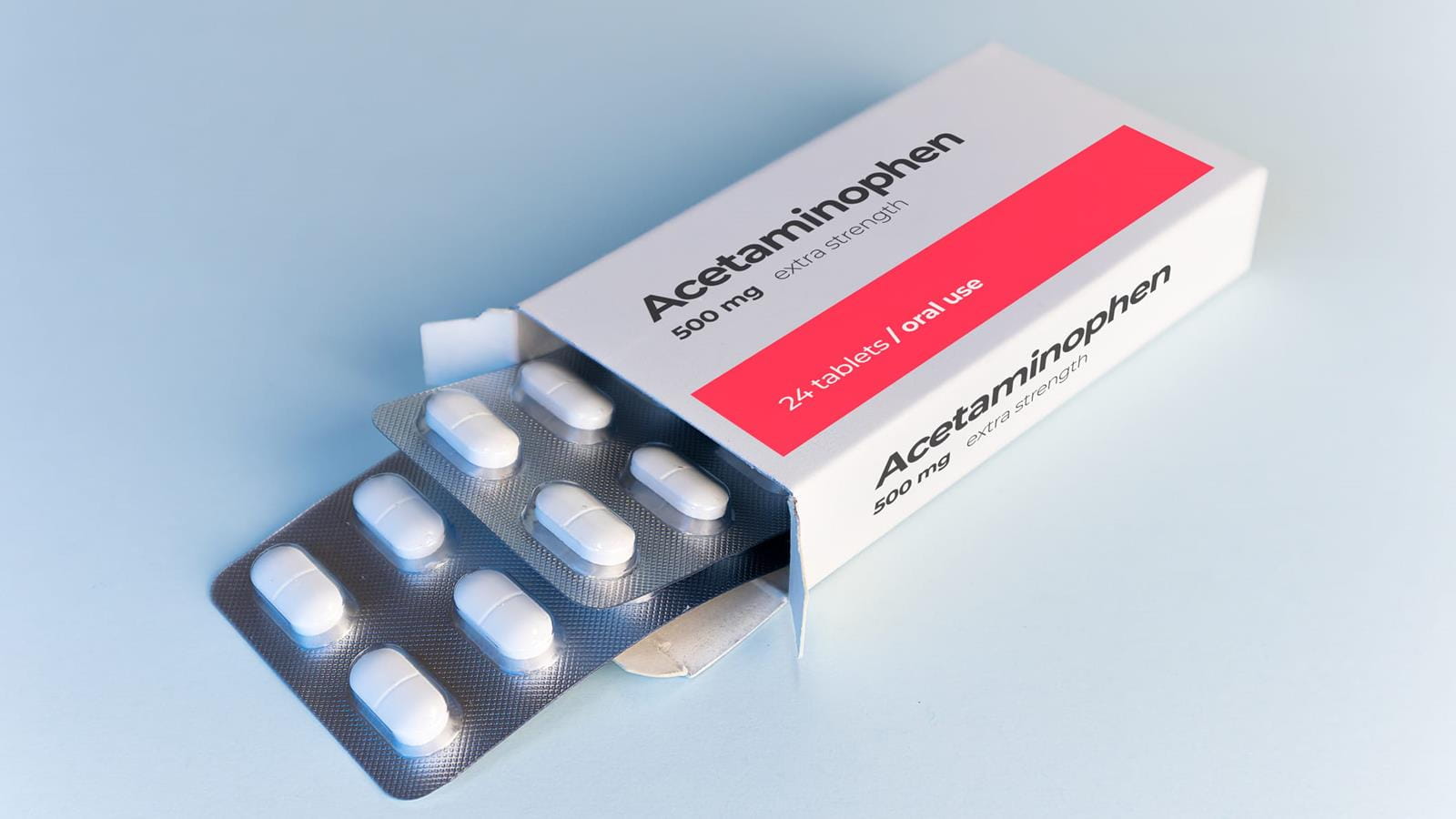Drexel Students Travel to Thailand to Help Farmers

- No link between acetaminophen use during pregnancy and children's autism risk
- Drexel Recognizes Gregory E. Deavens, CPA, CGMA as Business Leader of the Year
- $15 Million Gift from Howley Foundation Expands Drexel Scholarship Program for Local Graduates
- Drexel’s Pearlstein Gallery Offers Spring Exhibitions Centered on the Healing Properties of Art and Creative Works
A group of Drexel seniors recently returned from Thailand after successfully completing a project to help rice farmers in the small village of Ban Nam Khe. Three students and one advisor spent two weeks in the field at the end of June designing and building tools to ease the labor of farming on the steep slopes of the Bo Klua region.
This project is the culmination of more than a year of work by The Thai Harvest Initiative, which is comprised of students from Drexel’s School of Engineering, School of Biomedical Engineering, Science and Health Systems and the Westphal College of Media Arts & Design. In January these six students dedicated their senior projects to helping farmers in Thailand.
The members of the Thai Harvest Initiative are mechanical engineering students Marie LaPosta, Kathleen Rizzo, RJ Bauer, biomedical engineering student Phuong Diep-Lam and graphic designer Kathryn VenVertloh. They were advised by Dr. James Tangorra and NSF Research Fellow Alex Moseson.
Through an engineering approach called “Technology Seeding” the team used both fundamental engineering principles and inspiration from preexisting designs and technology to develop a new tool that not only serves its purpose, but is environmentally, economically, and socially feasible to build and distribute.
The tool created is a long tubular instrument, made from PVC pipe and steel sheeting, that stores seeds, digs a hole and drops in the correct number seeds all in one step. This consolidates the labor of what would normally be a two-person task and also lessens the chronic strain on the farmers’ backs from bending to dig and plant the seeds. Estimated cost of the tool is $5-$10.
To research the area and set up an infrastructure for the project, Moseson made two previous trips to the village and on June 14, LaPosta, Bauer and VenVertloh accompanied Moseson to Thailand for a two-week stay.
The team worked with villagers, interpreters and volunteers from a non-government organization called the Sustainable Development Research Foundation (SDRF) to improve and build the tools. While working and traveling in the region, the group faced physical and mental challenges ranging intermittent power to inclement weather and saw first-hand how harsh the farming conditions could be.
By the end of the trip, the students trained seven farmers and volunteers in making and using the tool. The farmers and SRDF volunteers expect to spread the technology throughout the Bo Klua region of 30,000 people, as well as into the country’s interior and into Laos.
“Technology must be used more for social justice,” Moseson said. “It was an honor to improve the lives and livelihoods of marginalized people with a small, simple, inexpensive invention.”
For more information about the project visit www.drexelthaiharvest.org.
News media contact:
Britt Faulstick, news officer, Office of University Communications
215-895-2617, 215-796-5161 (cell), bef29@drexel.edu
In This Article
Drexel News is produced by
University Marketing and Communications.